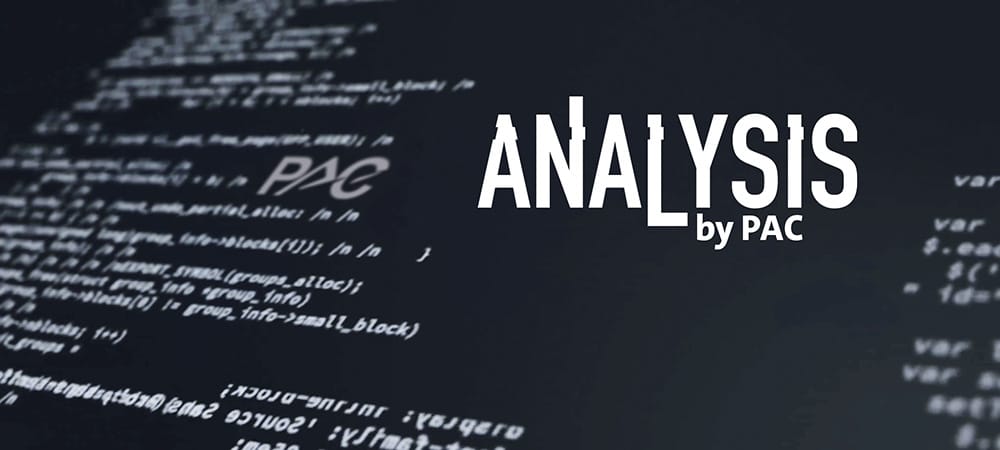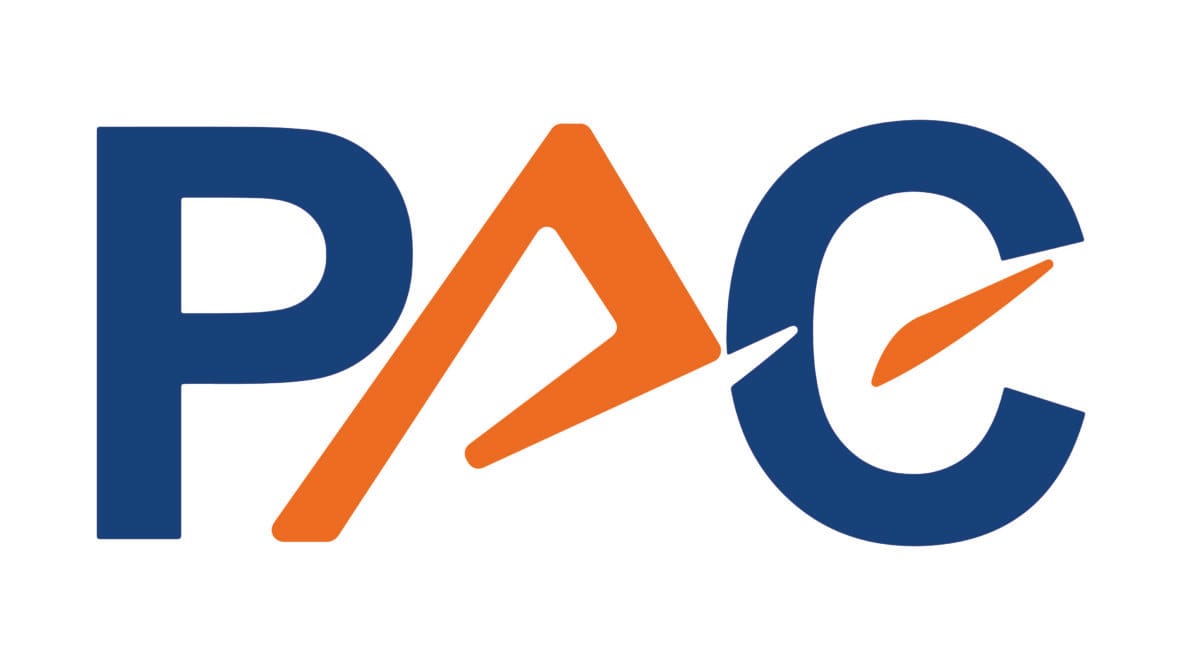Sovereignty With a Price Premium


Companies are facing a fundamental dilemma. On the one hand, they have to open up to new digital technologies - especially the rapidly advancing artificial intelligence with generative AI models and large language models. On the other hand, the use of these innovations often requires the storage and processing of data on public cloud infrastructures - usually with US providers such as AWS, Microsoft Azure or Google. Hyperscalers recognized this need early on and offer the option of limiting data storage and processing in their infrastructures to physically and logically separate cloud regions that are operated entirely within the EU. But how are business application providers reacting?
SAP is investing around 20 billion euros in sovereign cloud solutions by 2025 - primarily for European customers. The company offers three variants: SAP Cloud Infrastructure as an IaaS platform on an open source basis in its own data centers, SAP Sovereign Cloud On-Site for the SAP stack in its own or hosted data center and the Delos Cloud specifically for the public sector. The latter is based on MS Azure Stack and is operated entirely in Germany with German partners such as Arvato Systems.
The launch of the Delos Cloud has been repeatedly delayed; the first pilot projects with the German Federal Employment Agency have just been launched. As a pure SaaS provider, Salesforce has different requirements. In addition to its own data centers, the company has also been using the services of hyperscalers to operate its applications for several years and has introduced the Hyperforce platform, which separates the application and infrastructure levels - a prerequisite for software operation that functions independently of the underlying infrastructure.
This enables Salesforce to provide hybrid architectures for particularly sensitive requirements. Salesforce also offers government cloud options for the USA, Germany and the EU as well as Salesforce Shield for audit logs, encryption and security policies. A look at Microsoft and Oracle reveals a similar pattern in both cases. Both companies are driving forward the transformation of their business model towards cloud hyperscalers. Oracle, for example, is investing more than 20 billion dollars per year in the expansion of its cloud infrastructure alone, which is primarily intended to provide capacity for training AI models.
The ERP, CRM, analytics and HCM solutions from Oracle and Microsoft play a subordinate role in the long-term orientation of the Group strategy, but remain important components in the solution portfolio - for example to maintain access at decision-maker level in the B2B world. Both groups therefore also offer sovereignty, and in both cases the issue is solved - to put it simply - via the option of defining cloud regions for hosting company data.
Conclusion: Sovereignty has its price
These few examples show that the providers of SaaS solutions are responding to the increasing sovereignty requirements with comparable approaches - namely at infrastructure level using the mechanisms provided by the hyperscalers. This would fulfill the part of the sovereignty requirements relating to the technical side of data processing. However, complete sovereignty has many more facets. For example, it is questionable whether true sovereignty can even be achieved with closed source - or whether open source software would not be a basic requirement for this. In any case, all sovereignty solutions come at a price. In the case of the Delos Cloud mentioned above, this is around 15 percent more than a Microsoft Azure Cloud environment. It is doubtful that many companies will be willing to pay this or a similarly high premium - especially if the geopolitical situation eases at some point.
Continue to the partner entry:







